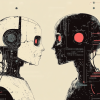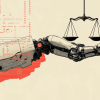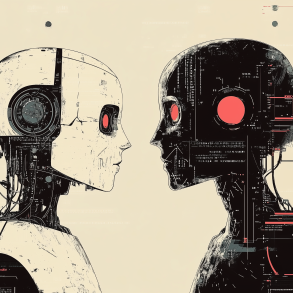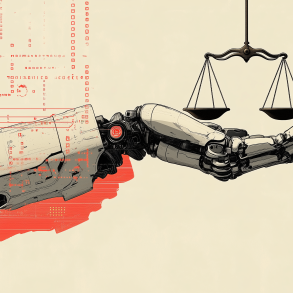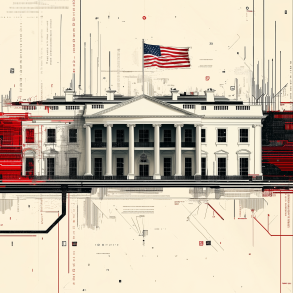The Engineer Shares his Perspective on the Challenges of Today’s Inconsistent and Unpredictable AI
The evolving landscape of artificial intelligence presents challenges in setting realistic expectations, a critical step in assessing its true value, according to Ajay Malik, former head of architecture and engineering at Google’s Worldwide Corporate Network and current CEO of Secomind.ai. Malik shared his insights on a podcast hosted by Thomas Erl, president of Arcitura Education, highlighting the intricacies of measuring AI’s effectiveness and the implications for technology professionals.
Malik noted that decision-makers are keen to ensure the accuracy of AI applications, both internally and in customer interactions. “How will companies measure the accuracy of what AI is doing? So AI did something, how do you always know it’s accurate? How can you trust it 100%?” he questioned. This uncertainty could impact the achievement of business goals through AI technologies.
Erl added that setbacks in AI projects might lead companies to reconsider their workforce strategies, stating,
If organizations are not successful or if they stumble, or if they invest in AI systems that end up resulting in loss instead of growth, that may postpone or change the outcome of how AI might impact their workforce. They might think, ‘this didn’t work out, let’s go back to human workers.’ But the opportunity is real and we should prepare ourselves for whatever the impact will be.”
Malik emphasized the absence of clear “before-and-after” metrics to gauge AI’s impact and stressed the importance of incorporating verification and explainability into AI systems. “They need to design built-in verification, built-in explainability, and built-in checks and balances to see if the AI’s answer is correct.”
Further discussing the operational aspects of AI, Malik advised against using AI as a black box. He suggested that businesses should implement robust systems to verify AI-generated responses and data. “Don’t use AI as a black box that you depend upon without even thinking. We are not there today.”
On the career front, Malik predicts significant shifts due to AI integration into the workplace. “There is a big resource shift coming,” he said, suggesting that employees who leverage AI will become more valuable than those who do not. He noted that AI could automate lower-level or repetitive tasks, reshaping the job market, particularly in coding and software development. “Even in software, even in programming, even in testing, a lot of those jobs will get eliminated—not today, but over time,” Malik projected.
Highlighting the evolving role of technology workers, Malik concluded that the future will favor “the thinkers, the problem solvers, the people who are creative.” He envisions a workplace where creative individuals use AI to enhance their productivity and innovation:
AI will take care of the labor, repetitive, or well-defined. But the creative humans will use AI to produce in high velocity and high quality and something really creative. That shift is coming.”
